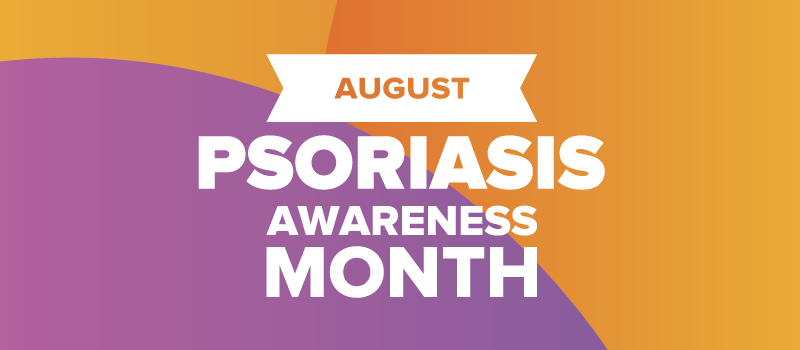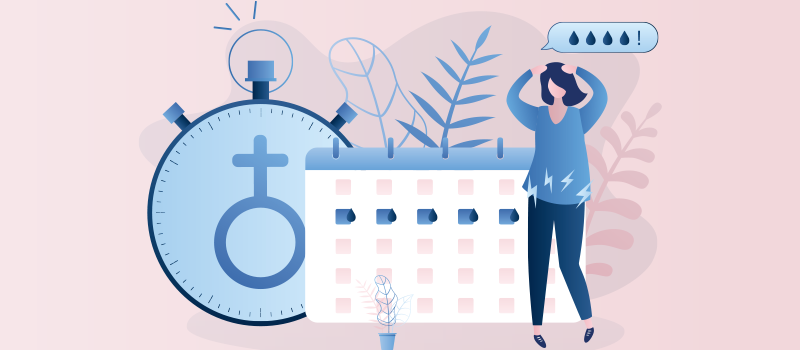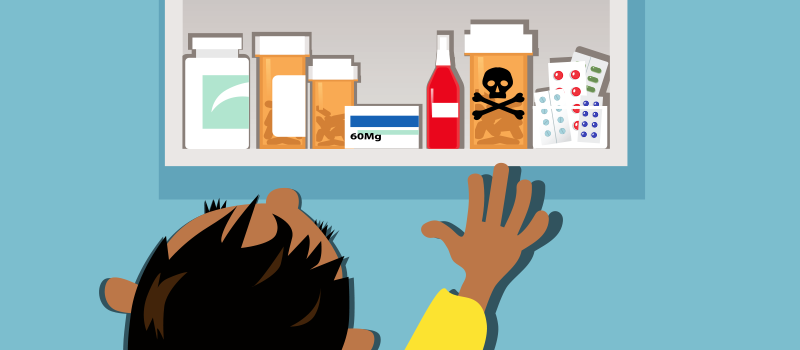What’s the Buzz
The Bee Healthy Blog
Everything You Need to Know About Psoriasis

Psoriasis is an inflammatory skin disease affecting over seven million people in the U.S., or approximately 2-3% of the population. This health condition causes skin cells to regenerate at faster than normal or necessary rates causing patches of red, itchy, and scaly skin to appear, oftentimes on the knees, elbows, scalp, and lower back. For Psoriasis Awareness Month this August, we’re sharing more about this mystery disease.
What Causes Psoriasis?
Though it’s commonly mistaken for a contagious skin disorder, patients with psoriasis don’t need to worry about spreading it to their friends and loved ones. While the exact cause is unknown, researchers do know that the immune system and genetics play key roles. However, the genetics of psoriasis are complex, and it is possible to develop psoriasis even if there is no family history of the disease. Psoriasis triggers also vary from person to person. What may worsen one person’s symptoms might not have any impact on someone else. Some common psoriasis risk factors to be aware of, as well as triggers that can cause agitation include:
- Stress
- Injured skin
- Certain medications including lithium, antimalarials, Inderal, quinidine, and indomethacin
- Strep throat, ear infections, bronchitis, tonsillitis, or various respiratory infections
Other potential triggers include dry weather conditions, smoking and exposure to smoke, heavy alcohol consumption, and rapid withdrawal from oral or systemic corticosteroids.1
Other Conditions
If you have been diagnosed with psoriasis recently or in the past, there are other conditions you may be at greater risk of developing. This list includes, psoriatic arthritis, eye conditions, obesity, type 2 diabetes, hypertension, cardiovascular disease, other autoimmune diseases, and mental health conditions including low self-esteem and depression. Talk to your doctor to stay on top of your treatment plan.
It is Treatable
While there is no known cure for psoriasis, there are some actions you can take to help relieve symptoms at home. Boosting your immune system is one of the most important things you can do. Eating a healthy, balanced diet and avoiding inflammatory foods, such as refined sugar and carbs, is key.
Since a major trigger is dry skin, you can help prevent outbreaks by moisturizing. If you have psoriasis, it is best to avoid fragrances and dyes in your skin care products. Many people also find relief from soaking in a bath of Epsom salt, oil, milk, or oats to help ease itching and redness.
While too much sunlight (especially to the point of burning) will exacerbate psoriasis symptoms, light therapy can ease them. Light therapy is different than tanning and requires ultraviolet light (UVB) exposure, which helps reduce inflammation and stress.
Finally, decrease or stop alcohol and tobacco products to see an improvement in psoriasis symptoms. For more information about psoriasis diagnosis and treatment, visit the National Psoriasis Foundation.
1. https://www.mayoclinic.org/diseases-conditions/psoriasis/symptoms-causes/syc-20355840












SOCIAL